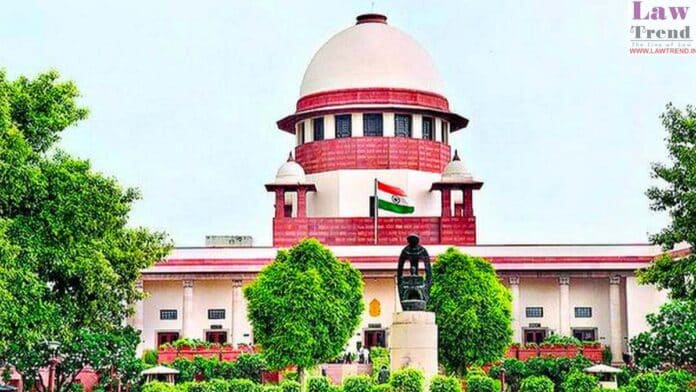The Supreme Court on Monday directed the Ghaziabad Municipal Corporation (GMC) and Ghaziabad Development Authority (GDA) to deposit Rs 30 crore in an escrow account for the creation of civic infrastructure.
A bench of Justices Sanjiv Khanna and SVN Bhatti asked the GMC and GDA to deposit Rs 10 crore and Rs 20 crore, in that order, within six weeks.
It said that the amount would be used to manage solid waste and the setting up of sewage treatment plants.

The bench was initially of the view that both GMC and GDA deposit Rs 50 crore.
It, however, reduced the amount after the GMC counsel said that except for the collection of house tax, they don’t have any other source of revenue.
On February 6, the top court asked for a detailed report from the GDA on the amount collected by it over the years from the residents in their jurisdiction in ‘development charges’ and how the amount was utilised.
It had said the amount collected thus must be deposited by it in an escrow account for the creation of civic infrastructure.
Also Read
On September 6 last year, the National Green Tribunal directed the civic agencies to pay Rs 200 crore in compensation.
The NGT fixed the liability on civic bodies after examining the ineffective solid waste management system in Indirapuram, Vasundhara, Vaishali, and Ghaziabad resulting in garbage not being treated and sewage plants not working.
It had asked the GMC to pay Rs 150 crore and GDA the rest of the money and directed them to deposit the amount with the district magistrate, to be used for remedial measures by an oversight committee constituted by the tribunal.
The NGT had passed the order on a report of the Central Pollution Control Board.
Challenging the tribunal’s order, GMC moved the apex court.







